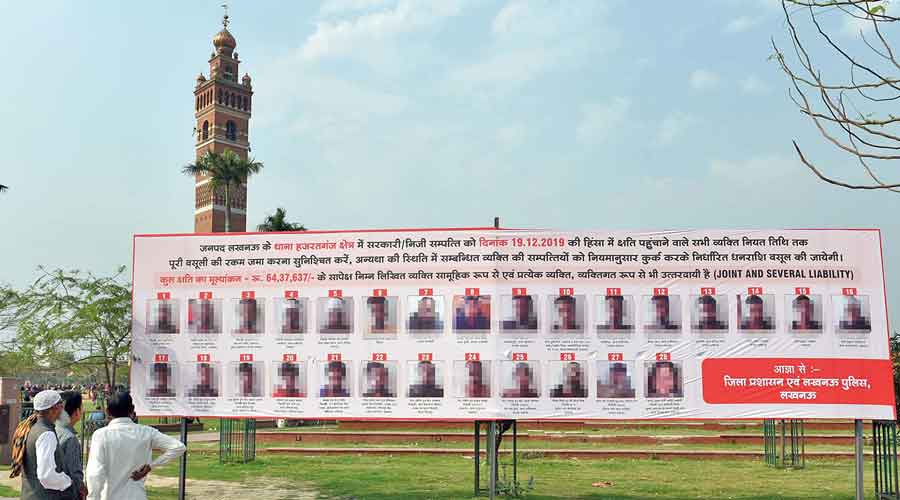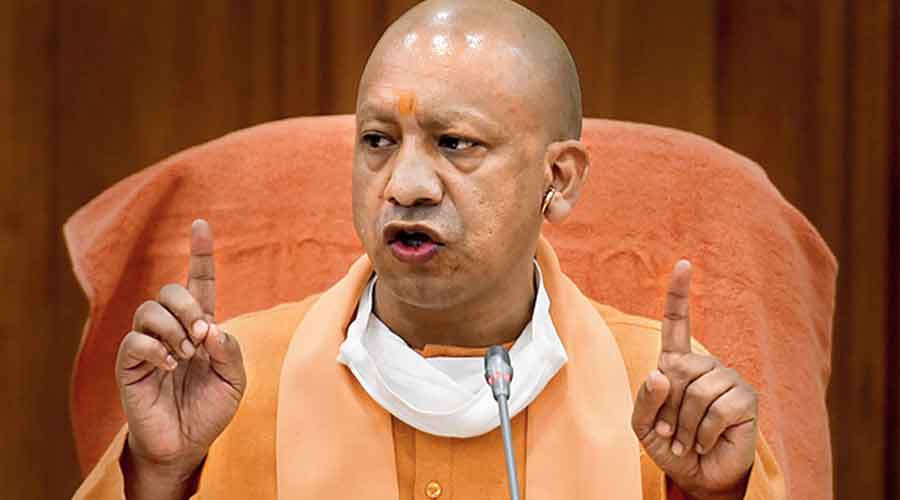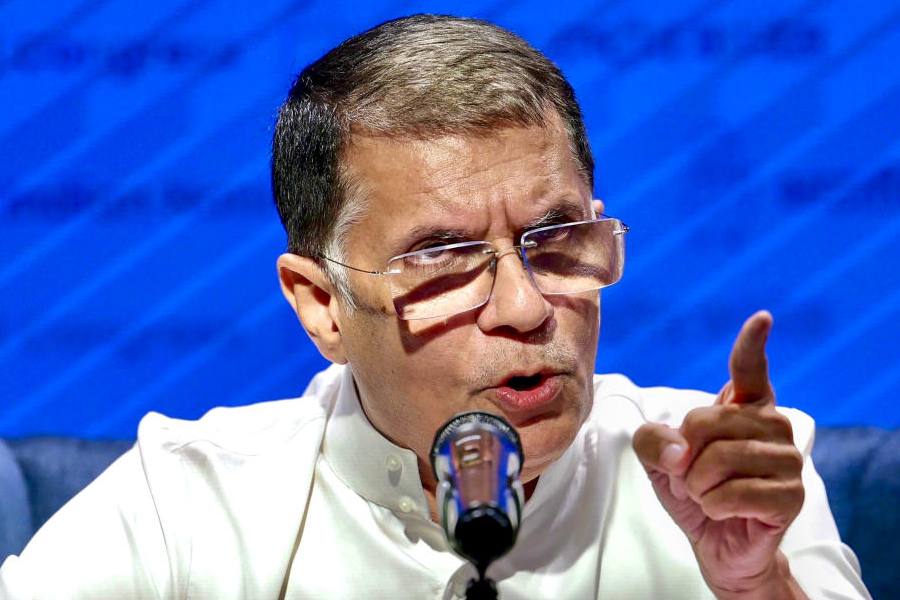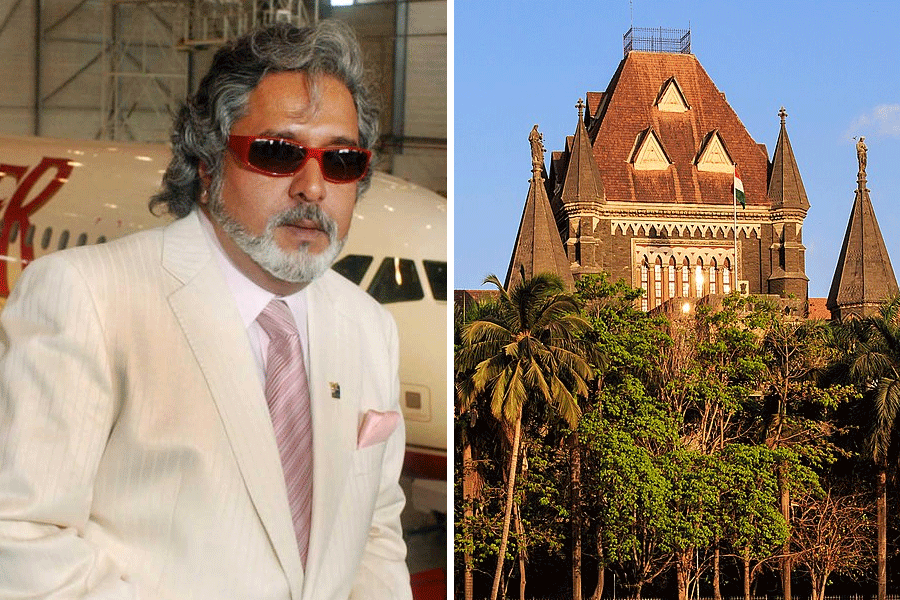The Supreme Court on Friday directed the Yogi Adityanath government to refund “crores of rupees” collected as compensation and fines for destruction of public and private property during the anti-Citizenship Amendment Act (CAA) movement in 2019.
The top court termed as “unjust enrichment” the recovery of funds by government officials as it went against two Supreme Court judgments of 2009 and 2018. The earlier verdicts had said any such recovery should be initiated only by judicial tribunals under the supervision of the state high court concerned.
A bench of Justices D.Y. Chandrachud and Surya Kant clarified that the Uttar Pradesh government was free to initiate fresh recovery proceedings through a judicial tribunal set up by the state under the Uttar Pradesh Recovery of Damages to Public and Private Property Act, 2020.
“Since the orders in pursuance of the showcause notices have been withdrawn…, there shall be refund of any recovery made in the meantime. This will, however, be without prejudice to such action available to the respondent state in terms of the proceedings before and decision of the claims tribunal,” the bench said in an order.
The order essentially reaffirms that only judicial officers like district judges or former judges inducted into tribunals, not bureaucrats under the direct control of the government of the day, are empowered to recover fines.
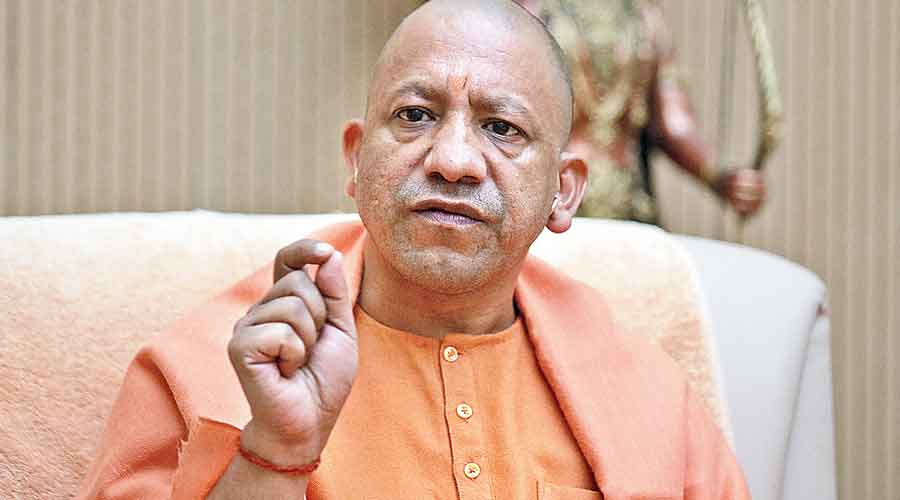
Yogi Adityanath. PTI file picture
The zeal to collect the compensation had become the most visible intimidation tactic of the BJP government in its attempt to crush the anti-CAA agitation. The state government had put up hoardings with pictures of several anti-CAA protesters across Lucknow city on March 6, 2020, declaring that they would pay for the damage. Their personal details, including photos, names and addresses, were made public.
But Allahabad High Court asked the government to remove the posters, stating that there was no law to justify the public shaming of the protesters. The banners were removed but the government got an ordinance cleared on March 14, 2020, and new banners were put up. However, the government did not show interest in converting the ordinance into a law, and all such hoardings were removed in May 2020.
On Friday, the Supreme Court issued the refund order after the Uttar Pradesh additional advocate-general, Garima Prashad, made an attempt in vain to oppose the directive, pleading that the amount involves “crores of rupees”.
Prashad pointed out that the state was going through the Assembly elections and it would be difficult to execute the refunds in view of the model code of conduct.
“We are not taking away your right. It is a case of unjust enrichment. We have to follow yardsticks of our own constitutional jurisprudence. All deterrence against invasion of law has to be within the provisions of the four corners of law. There cannot be a deterrence outside the four corners of law. It is as simple as that,” Justice Chandrachud, heading the bench, said.
The Uttar Pradesh government’s law officer informed the court that following the bench’s February 11 directive to withdraw the cases for recovery and proceed under the 2020 law, the state had issued two government orders withdrawing 274 cases and transferring them to the newly constituted tribunals.
Appreciating the state’s decision to withdraw the cases, the bench said: “Ultimately, the State’s properties have to be safeguarded. But at the same time, there has to be a judicial forum which deals with it so that the due process is ensured. This is the thrust of our two judgements (in 2009 and 2018).”
The court issued the order after advocate Nilofouer Khan, appearing for the petitioner, pleaded for such a directive on the ground that properties of several people had been attached and fines imposed on poor rickshaw-pullers, vegetable sellers and pushcart vendors.
Prashad said the amount ran into several crores of rupees and any refund order would send a wrong message to the public.
But the bench said: “The idea of our judgment was that there should be accountability when public property is damaged. But a judicial mind has to oversee it and there is application of judicial mind.”
The court was dealing with a petition filed by an advocate, Parwaiz Arif Titu, seeking an order quashing the notices sent to some of the purported protesters by the district administrations.
Titu has complained that the notices had been issued indiscriminately to several persons unconnected with the anti-CAA protests in 2019 and 2020. The advocate had cited the examples of a 94-year-old man who had died six years ago and two others in their 90s.
Besides, the recovery proceedings were sought to be initiated through additional district magistrates who are government officials, the petitioner had pointed out.
The Uttar Pradesh government had agreed that the recovery proceedings had been initiated by non-judicial officers in the early 2020s. Subsequently, the cases were sent to the newly constituted tribunals in Meerut, Lucknow and Allahabad.

